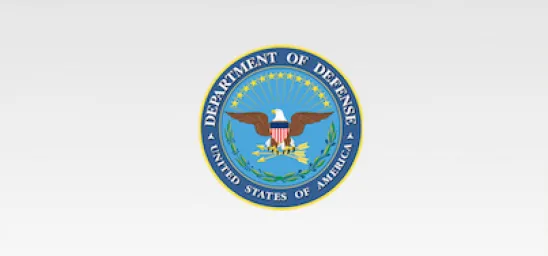On January 4, 2017, the Department of Defense’s top acquisition official issued a memorandum further clarifying the implementation of a November 2016 final rule concerning the reimbursement of major contractors’ Independent Research & Development (“IR&D”) costs. In a move likely intended to reassure major defense contractors, Undersecretary of Defense for Acquisition, Technology & Logistics, Frank Kendall, stressed that the recent final rule “merely codifies a long standing practice” used by contractors. Mr. Kendall also emphasized that DoD does not require major contractors to obtain formal or “de facto” approval of IR&D projects before incurring such costs.
But while DoD’s efforts to comfort industry are commendable, some key questions remain, including most prominently: whether and how DoD auditors will utilize the results of pre-IR&D “technical interchange” meetings to question the allowability of IR&D costs.
The memorandum is just the latest in a series of communications from DoD on the allowability of IR&D costs. As previously discussed here, DoD issued a white paper in August 2015 signaling that a significant overhaul of the IR&D regulations may be on the horizon. The white paper established a goal of requiring that contractors engage with “appropriate technical operational staff” prior to incurring IR&D costs. Moreover, and perhaps most alarming for contractors, the white paper indicated that the Defense Contract Management Agency (“DCMA”) and the Defense Contract Auditing Agency (“DCAA”) would use information shared during the required “technical interchange” meetings to make allowability determinations for IR&D costs. The views expressed in the white paper harkened back to the Technical Evaluation Group and Tri-Service Negotiation Group approval process of the 1980s – when these groups assessed the quality, reasonableness, and potential military relationship of each IR&D project before the project costs could be considered allowable. This process was abandoned in the late 1990s in favor of increased autonomy for contractors in choosing IR&D projects.
In February 2016, DoD issued a proposed rule to implement the changes previewed in the August 2015 white paper, though the rule was silent as to whether or how the DCMA and DCAA would use the information. According to the proposed rule, before IR&D costs could be deemed “allowable,” major contractors would be required to engage in a “technical interchange” with a “DoD technical or operational employee.”
The final rule, issued November 4, 2016, and the recent guidance memorandum represent laudable efforts to assure contractors that DoD does not intend to return to the old days of pre-approving IR&D projects. Although the final rule still requires that contractors engage in a technical interchange with a DoD technical or operational employee, DoD’s comments in publishing the new regulation emphasize that these exchanges are “informal communications” that do not establish “a de facto approval process.” Further, in response to comments from industry, the final rule states that “the rule requires only that a technical interchange take place and that the date of the interchange and name of the DoD personnel contacted be reported” to an online database.
The recent guidance memorandum further emphasizes these themes, explicitly noting that “the DoD may provide feedback on relevance to DoD missions, but in no case has the authority to stop [a] project[].” Moreover, it states that “there is no Government approval required or expected,” and that the DoD personnel participating in the technical interchange “will not issue any official declaration stating whether any project should or should not be pursued and/or whether project costs are reimbursable or that they should be declined.”
Despite these encouraging words from DoD, significant questions remain. For example, will DoD technical personnel have the ability to make “[un]official declaration[s]” about the merits of proposed IR&D projects that can impact DoD’s decision-making in other ways or through informal channels? Such questions are particularly important in light of other DoD efforts related to IR&D, discussed here, which would allow DoD to adjust offerors’ total evaluated prices on major procurements in order to assess the “value” of their prospective IR&D projects on a particular contract.
Perhaps more importantly, DoD has not offered any specific guidance since the August 2015 white paper on whether and how DCAA or DCMA will utilize information discussed during technical interchanges to determine the allowability of subsequently-incurred IR&D costs. For example, will DCAA use “negative” feedback provided by DoD officials during technical exchanges as a basis for determining that a contractor’s IR&D costs are “unreasonable” in their incurrence or in their amount? Indeed, it is not far-fetched to imagine a scenario in which, years after IR&D costs are incurred, DCAA attempts to rely on a DoD official’s contemporaneous criticism of an IR&D project to disallow the contractor’s IR&D costs on reasonableness grounds. See FAR 31.201-3(a)-(b) (establishing the criteria for determining whether “[a] cost is reasonable . . . in its nature and amount . . .” and recognizing that “[w]hat is reasonable depends upon a variety of considerations and circumstances . . .”).
Overall, the recent memorandum should provide some measure of comfort to major contractors who are concerned about a return to the formal IR&D approval processes of years past. But the defense-contracting community must remain vigilant to ensure that, in practice, DoD implements the new IR&D “technical exchange” requirements as they are now being advertised.





 />i
/>i

